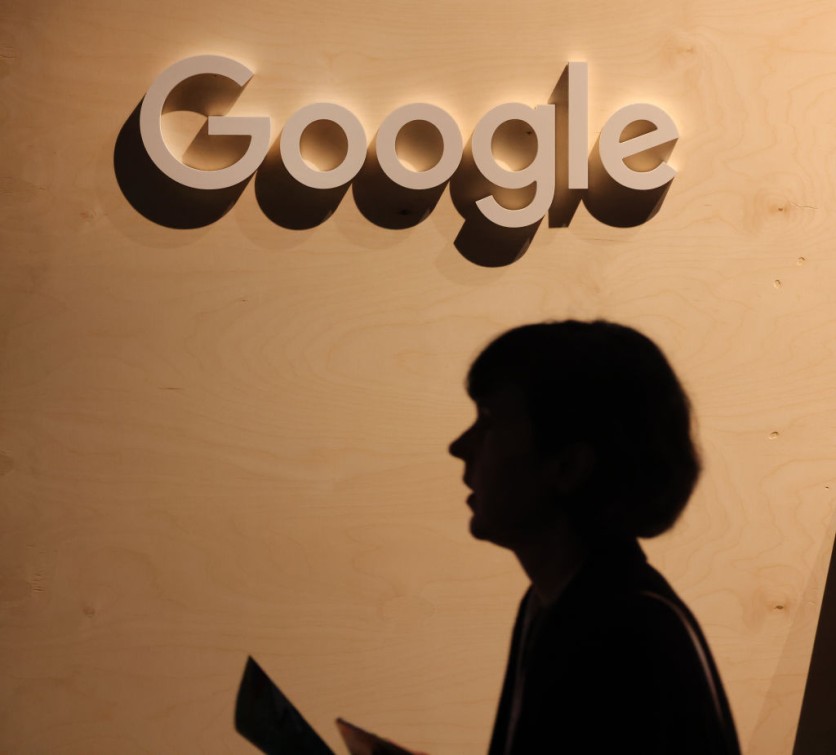Google is taking a relatively new approach to fighting misinformation online by teaching people how to spot fake news. This method is called "prebunking," and the tech company plans to expand it to Germany after seeing positive results in Eastern Europe, according to a report by AP.
The search giant is set to publish a series of short videos showing the strategies behind the most common misleading content. The videos will be displayed as ads on various platforms such as Facebook, TikTok, and YouTube in Germany.

What is Prebunking?
This "prebunking" method teaches people how to discern false content before encountering it. Even though this method is relatively new, it is already being supported by many researchers and tech companies.
Google explains that prebunking messages "build mental defenses for misinformation by providing a warning and counterarguments before people encounter it. "
The effort is centered on how people are manipulated and misled online instead of directly "debunking" falsehoods and teaching people what they need to believe.
The company notes that while corrective measures such as debunking can be effective at times, they can be tricky, time-consuming, and expensive to conduct with the necessary speed.
Fact-checkers often compete with the speed of lies proliferating online, and they may be unable to reverse its effects in real-time since it was already shared and consumed by some online users.
Google claims that "misinformation can be quite 'sticky,' in the sense that individuals often continue to rely on it after they have been exposed to it, even after corrections have been made."
Google adds that fact-checks have historically received low engagement. Research on more than 50,000 debunking posts on Facebook found that only a few users exposed to misinformation interacted with these fact-checking posts.
Hence, researchers are suggesting pre-emptive approaches before people are exposed to misinformation so that the content consumer may never reap its harmful effects.
Read also : Microsoft Bing ChatGPT vs. Google Bard: Redmond Event Announced Minutes After Google's AI Reveal
Prebunking Test in Eastern Europe
With a prebunking video effort in Poland, the Czech Republic, and Slovakia last fall, Google undertook the biggest test of prebunking to date. The videos highlighted several strategies used to make false claims about Ukrainian refugees.
The claims said unfounded stories about refugees displacing locals from their occupations and committing crimes. A majority of the users in the three countries encountered these videos on Twitter, TikTok, Facebook, and YouTube around 38 million times.
Researchers discovered that those who had watched the videos were more likely to recognize misinformation tactics and less likely to transmit them to others than those who had not watched them.
The new Google campaign in Germany will put an emphasis on images and videos and how false content may be presented to users.
Google will introduce the German prebunking campaign before next week's Munich Security Conference, a major event tackling some of the world's most pressing security challenges.
Related Article : Google Search Your Next Preferred Car to Know of its Inventory from Dealerships‚ Feature Coming

ⓒ 2025 TECHTIMES.com All rights reserved. Do not reproduce without permission.

![Best Gaming Mouse For Gamers With Smaller Hands [2025]](https://d.techtimes.com/en/full/461466/best-gaming-mouse-gamers-smaller-hands-2025.png?w=184&h=103&f=6fd057ef777bd39251d4e7e82e9b23f1)


